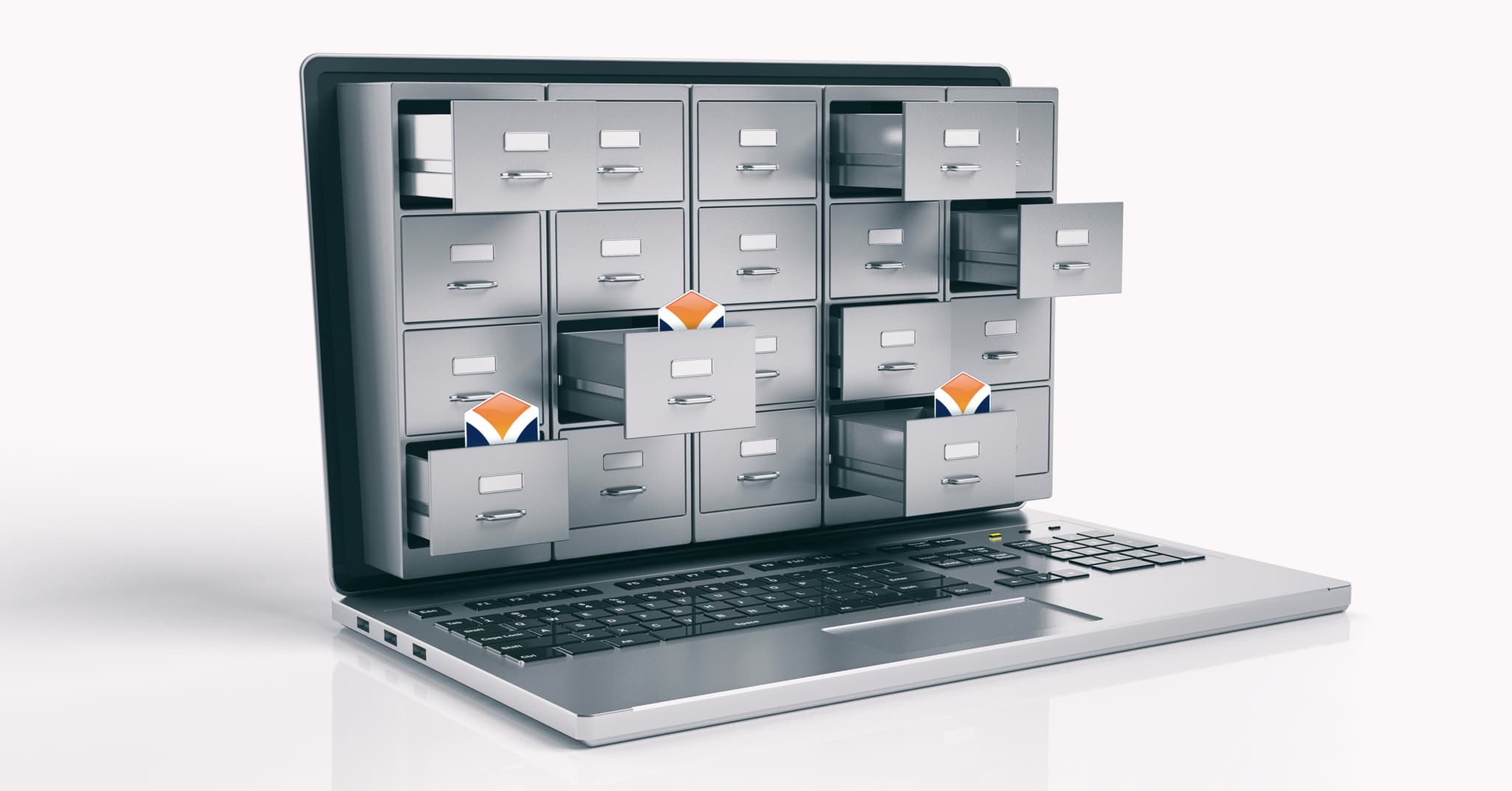Businesses today rely heavily on data to keep operations running smoothly. Whether your information lives in the cloud, on a local server, or in a secure off-site data center, understanding where you store your data is critical to your organization’s productivity, security, and long-term resilience.
After all, your data storage strategy affects everything from employee access and collaboration to disaster recovery and compliance. Let’s break down the benefits and best use cases for each storage option so you can make the most informed decision for your business.
When to Store Data Locally
Storing data on an in-house server is a traditional and still-relevant method for many businesses, especially those that want tight control over their infrastructure.
Benefits of Local Data Storage:
-
Fast access speeds for on-site users
-
Direct control over hardware, permissions, and security settings
-
Ideal for sensitive data and applications that require low latency
However, this method comes with limitations. Physical storage requires robust internal IT management, proper environmental conditions, and a strong backup strategy in case of hardware failure or physical damage. Plus, your team must be connected to the internal network to access files, which limits remote flexibility.
In short, local storage is best when security and speed are your top priorities — but only if you have the resources to manage and maintain it.
When to Store Data in the Cloud
On the other hand, cloud storage has become a go-to solution for modern organizations seeking flexibility, accessibility, and scalability.
Why Store Data in the Cloud?
-
Enables remote access from any location with an internet connection
-
Simplifies collaboration and file sharing
-
Offers scalable storage that grows with your business
-
Eliminates the need for costly on-site hardware upgrades
Depending on your business needs, you can choose from:
-
Public Cloud – Cost-effective and quick to deploy
-
Private Cloud – Greater control, often hosted by a Managed Service Provider
-
Hybrid Cloud – A mix of both, offering control and flexibility
If your employees need to access data across locations or if you want to streamline collaboration without investing in expensive infrastructure, storing your data in the cloud is often the most efficient route.
When to Store Data Off-Site
While cloud and local storage get most of the attention, off-site data storage — especially for backups — plays a crucial role in a well-rounded IT strategy.
Benefits of Off-Site Storage:
-
Critical for data backups and disaster recovery
-
Protects your data from physical damage, theft, or cyberattacks
-
Ensures business continuity in emergencies
For example, in the event of a fire, flood, ransomware attack, or server failure, having your data securely stored off-site means you can quickly recover and resume operations, even if your primary system is down.
That’s why Vision Computer Solutions strongly recommends an off-site backup strategy for all clients.
Backup and Disaster Recovery: A Must-Have
Regardless of where you store your data, having a robust backup and disaster recovery (BDR) solution is essential.
At Vision Computer Solutions, our BDR service leverages the cloud and off-site storage to deliver real-time data backups and rapid failover support. If your primary server goes down, our solution spins up a temporary backup server so your operations continue without significant disruption.
This kind of immediate recovery simply isn’t possible if your only copy of data is stored locally.
Final Thoughts: Make Smart Decisions About Where You Store Your Data
Your data is the lifeblood of your business, and knowing where you store your data can make or break your success in a crisis. By strategically combining local, cloud, and off-site storage, you can ensure fast access, high availability, and maximum protection.
Need help evaluating your current data storage strategy or building a BDR plan that fits your business?
📞 Call Vision Computer Solutions at 248-349-6115
📅 Or schedule a consultation to talk about smarter ways to store and protect your data.

Charles Lobert, has been in the Detroit Metro Area’s IT industry for over two decades & with VCS since ’04. Throughout the years, Lobert has held nearly every position at VCS & is responsible for several major organizational shifts within VCS.

